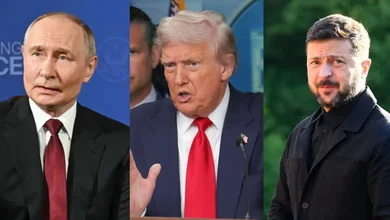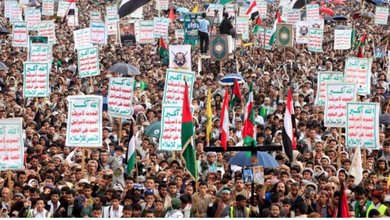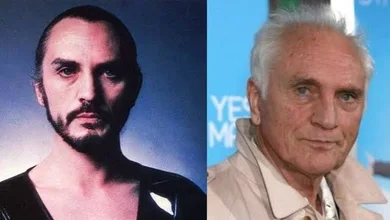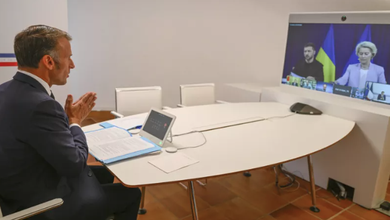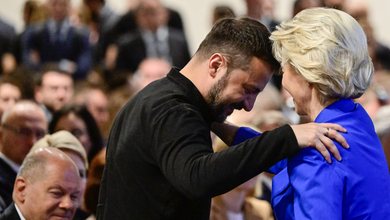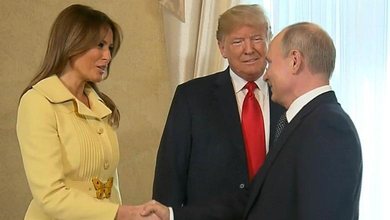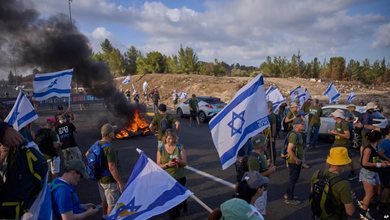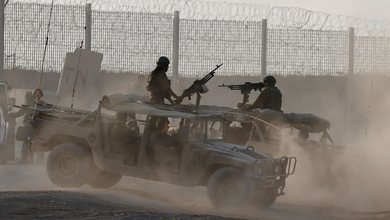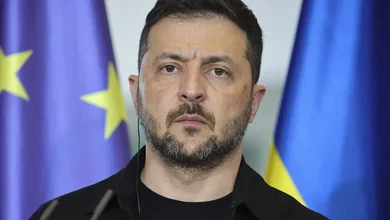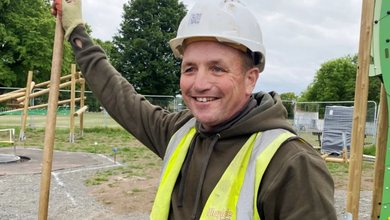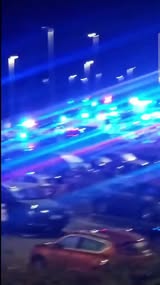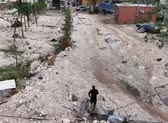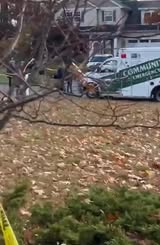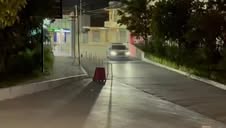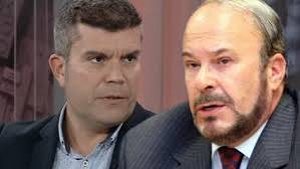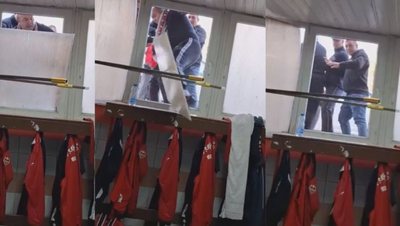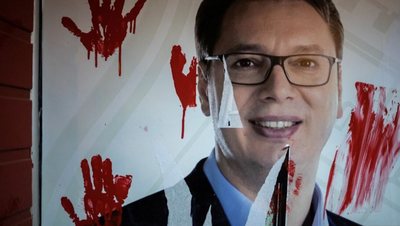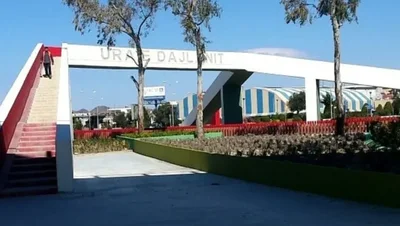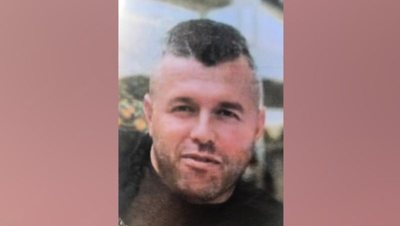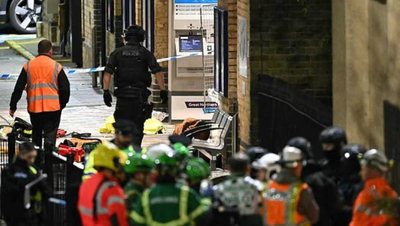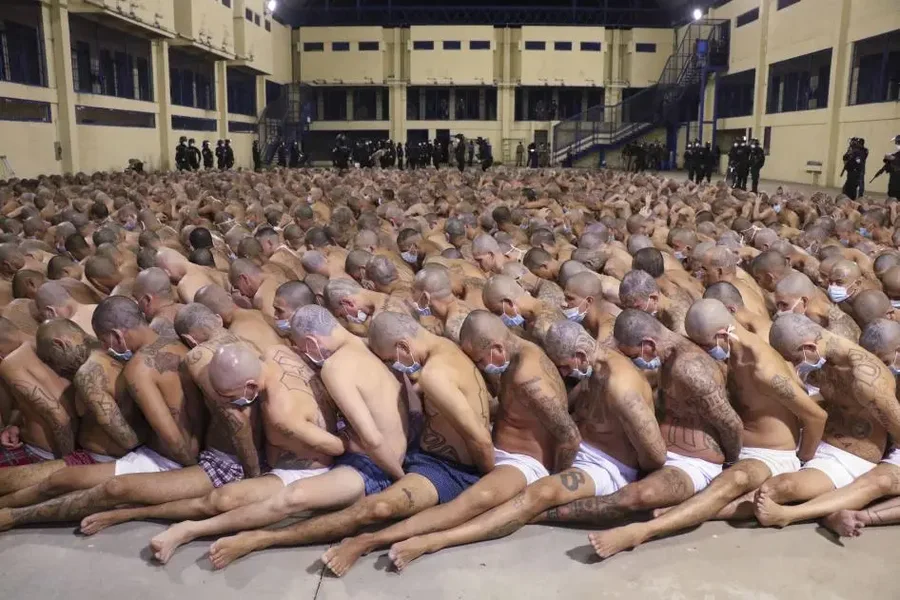
Arturo Suárez says that upon arriving at El Salvador's notorious Cecot prison, he was brutally beaten by guards. When he regained consciousness – with his glasses broken and everything in front of him blurry – he clearly heard a voice greeting him:
"Welcome to hell. Welcome to the graveyard of living men. The only way out is dead."
According to Arturo, these words were spoken by the prison director, Belarmino García.
His incarceration took place at Cecot – the Center for the Isolation of Terrorism – a facility built to house thousands of the country's most violent gang members, as part of President Nayib Bukele's tough approach to the wave of murders and extortions that had rocked El Salvador.
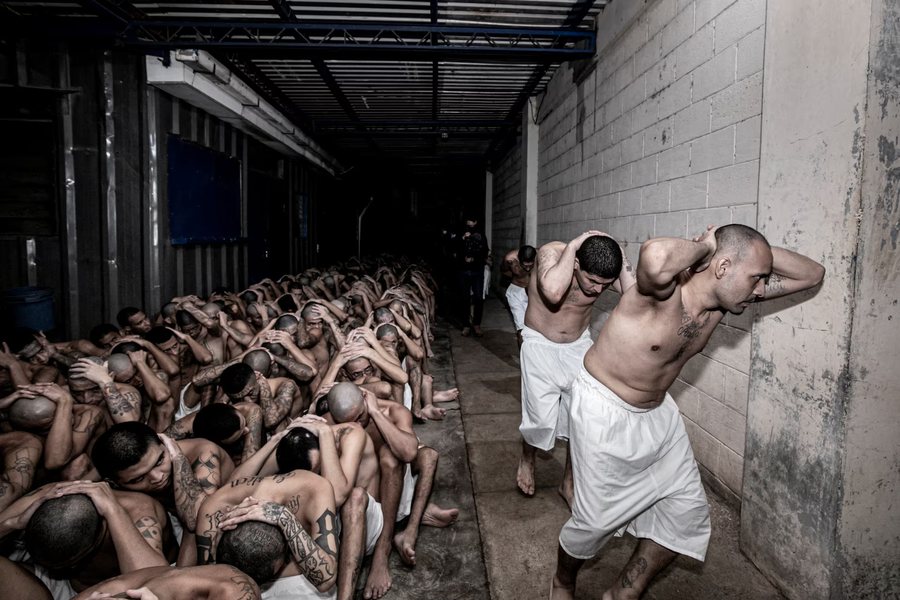
Since its opening in 2023, authorities have been tight-lipped about conditions inside Latin America's largest prison. But recently, Arturo and 251 other Venezuelans were released from Cecot after being held there in March under a deal between the US and El Salvador, part of a mass deportation campaign launched by former President Donald Trump.
After returning home to Venezuela last month, amid tears and hugs, eight of the freed men told BBC News Mundo of their harrowing experiences in prison. They describe constant beatings, sometimes with batons while they were shackled. One says he was sexually abused by guards. The prisoners sleep on metal beds without sheets or mattresses, eat with their hands, and have no contact with the outside world – not even lawyers, not even a clock to tell them the time.
The men, aged 23 to 39, had previously lived in the US. Some had entered legally, others not. They were accused of involvement in criminal gangs and deported to El Salvador. All deny any involvement in crime or gangs, and say they were given no opportunity to challenge the charges against them.
Most are convinced they were selected because of the tattoos they had on their bodies – which US authorities considered as possible signs of connection to the Tren de Aragua gang, a criminal group originating from Venezuela.
The US says the deportations were made after careful vetting, but has not clarified the evidence used in each case.
Handcuffed at the wrists and ankles, the men say they thought they were being taken to Venezuela. But after they got off the plane, according to the testimony of Eduardo Hernández, they were dragged away by guards with their faces covered – and realized they were in El Salvador.
In Cecot, still in chains, they were forced to kneel, their heads were shaved, they were stripped and dressed in white clothes: shorts, a T-shirt and rubber shoes.
Mervin Yamarte, who had worked in a tortilla factory in Texas before being deported, says he was physically assaulted while naked.
"They hit me on the back with a stick, punched me in the ribs – they wouldn't even let me put my clothes on."
The BBC has reached out to the El Salvador authorities for comment on the allegations, but has not yet received a response.


